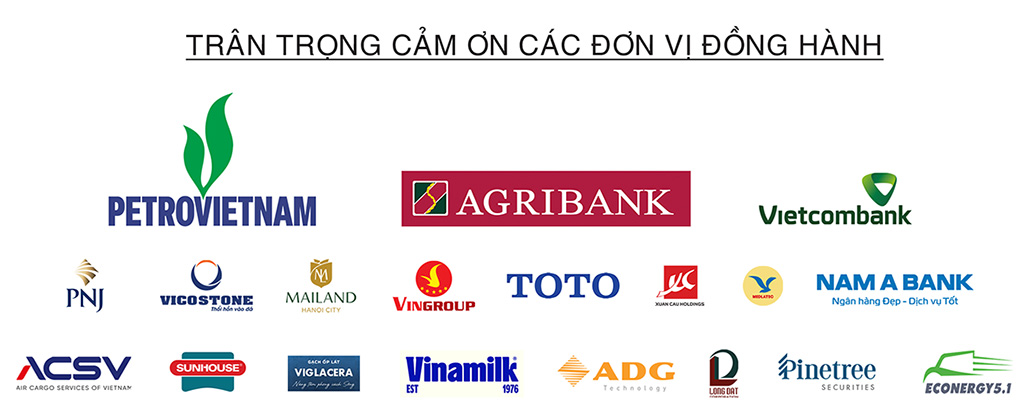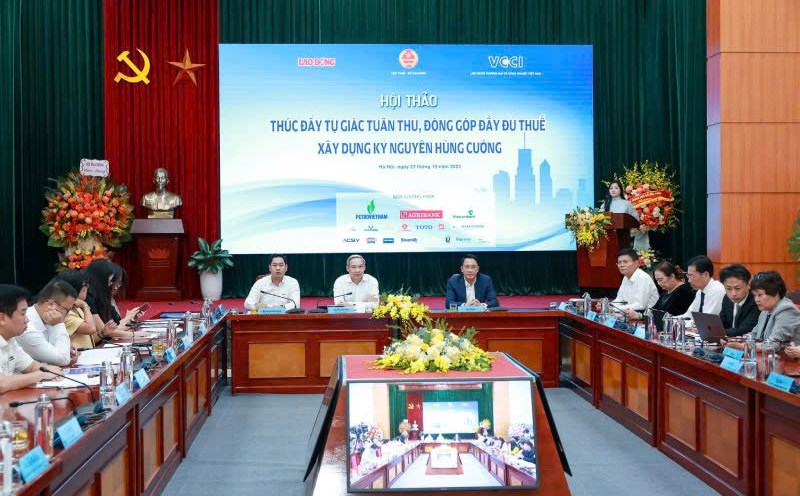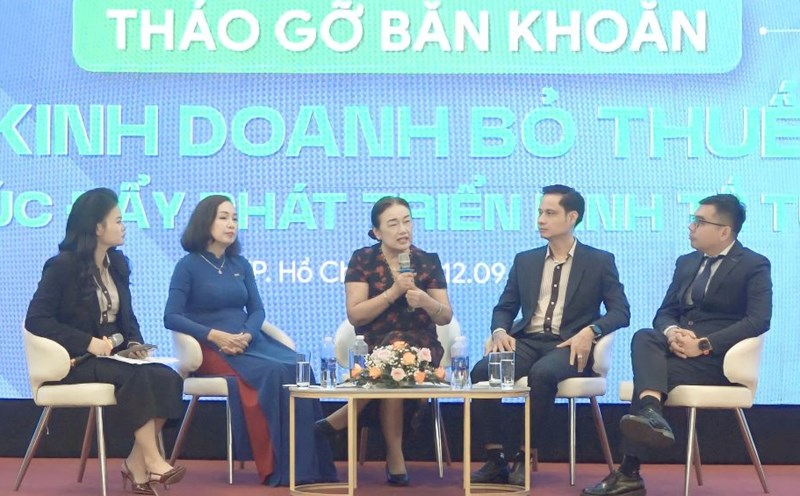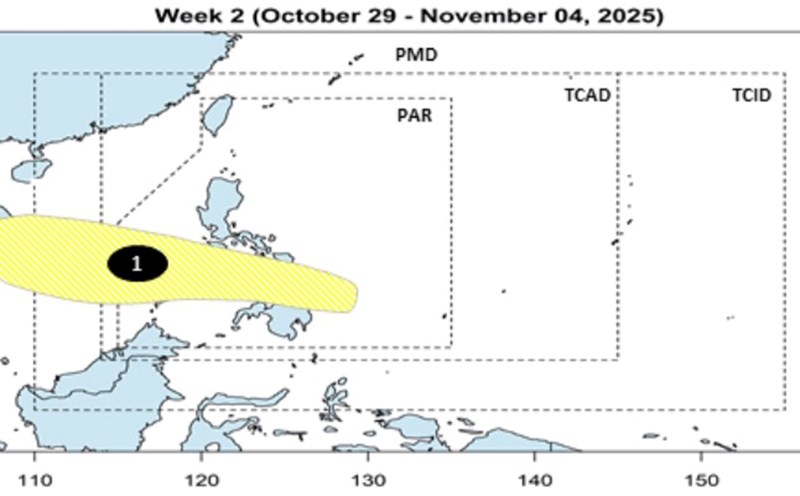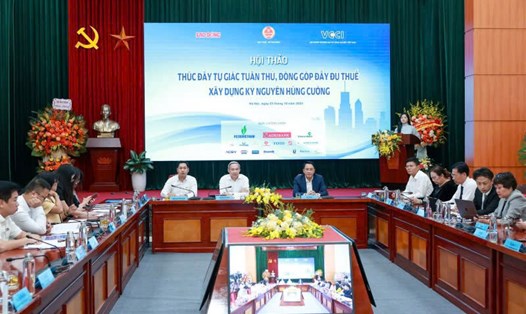I. The reality and " pain points" when fulfilling tax obligations in e-commerce activities
From Viettel Post's experience in serving millions of online sellers, we have realized three main "bottlenecks":
1. Lack of knowledge and fear of taxes:
Most small sellers do not clearly understand the threshold of tax calculation revenue, tax types, and declaration procedures. They are not avoiding, just have not been instructed in familiar, easy-to-understand language.
2.Complicated procedures, unfriendly experience: Electronic declaration is still cumbersome, making sellers afraid of making mistakes and being fined - leading to a mentality of avoiding instead of proactively implementing.
3.Lack of the "first self-corrective errors" mechanism: Many small errors, no immediate warning of errors, after a period of time are still subject to administrative handling, losing self-awareness - an important factor in tax management in the digital age.
II. Typhoods of e-commerce and the role of delivery units, e-commerce platforms
E-commerce is unconventional, multi-platform, and difficult to determine the business location of buyers and sellers, making it difficult for tax authorities to accurately identify tax collection subjects.
However, delivery units and e-commerce platforms may have important practical data such as:
- Trade scale and information;
- Sales frequency;
- Actual revenue of transactions.
This is an important bridge between sellers, tax authorities, and e-commerce platform management units.
III. From "management" to "accompanying" - arousing self-awareness
To arouse the spirit of self-responsive tax payment, it is necessary to change the approach. Online sellers and e-commerce platforms are not only subjects of management, but are partners accompanying the Tax Authority in fulfilling its budget contribution obligations.
Communication and guidance: Tax authorities need to step up communication, guide tax policies and laws, simplify procedures, and increase support for sellers to voluntarily declare.
Accompany e-commerce platforms such as Dung Tac to implement: Develop policies to support e-commerce platforms to become partners accompanying the Tax Authority on organizing collection on behalf of others, instead of the current policies of assignment, fines, and suppression.
Hon Vinh is a Good trader, respecting the law: Coordinate awarding awards such as "Reputed seller - Paying taxes fully" to create motivation and spread the spirit of self-awareness in the online sales community.
IV. Solutions and recommendations from Viettel Post
1. Solutions for communication and awareness raising:
Raising awareness is the first step to promote the spirit of self-conscious tax payment in the online sales community
- Public disclosure of transactions: Supplementing a policy mechanism to allow public disclosure of electronic sales transactions between sellers, tax authorities and e-commerce platform partners
- Free online training: Coordinate the organization of free online training sessions on electronic tax declaration and payment for online sellers, especially small-scale HKD and CNKD.
- Effective communication campaign: Build a communication campaign with the core message: "Easy to understand - Easy to do - easy to pay" to popularise awareness and spread the spirit of self-awareness. Along with videos on how to do it simply for everyone to do it.
- Encouragement policy: Propose policies to encourage businesses to deliver goods, e-commerce platforms to cooperate, such as fee incentives or tax support to promote companionship.
2. Proposal to integrate Tax instructions on delivery applications, e-commerce platforms
Viettel Post proposes a technological solution to simplify the tax payment process for small sellers:
- Integrating instructions: Tax instructions are integrated right on the delivery application of the transporting unit, e-commerce platform.
- Integrating Identification Codes: Integrating seller identification codes (MST or CCCD) into the order for easy traceability of transactions.
- Automatic notification: When the seller creates an order, they will receive an automatic notification with a short video with instructions under 2 minutes - easy to understand, easy to do, easy to remember.
- Declaration option: The seller can choose to self-declare and pay taxes, or authorize the e-commerce platform to collect and pay taxes on their behalf.
- transparent tax information: entire seller can quickly and promptly receive warnings about errors and administrative violations and give time to fix and correct errors. Allowing first-time correction. Transform tax information, handle taxes, and combat negativity. Warning error information from the Tax authority for sellers is sent from the Tax Authority to the e-commerce platform application to warn when customers log in and receive it, or sent to the customer's phone for customers to proactively correct the error.
3. Technology and Data solutions
Applying technology is the key to ensuring transparency and efficiency in e-commerce tax management.
- Dinh Da Tax code: Each online transaction needs to be linked to an electronic tax identification code for transparent and accurate monitoring.
- AI and Big Data: Applying Artificial Intelligence (AI) and Big Data to analyze sales behavior, remind, and warn Customers to promptly correct mistakes immediately. And promptly detect other potential cases of tax fraud.
V. Principles of coordination: transparency - Fairness - Timeliness - Humanity
1. transparency: Clear policies, selective sharing data and strict confidentiality between relevant parties sellers - e-commerce platforms - Tax authorities.
2. Fairness: Companions are given priority, support, and recognition worthy of their contributions.
3. Timely: Responding, handling issues, and refunding taxes must be done quickly and conveniently.
4. Humanity: Apply the mechanism of "Self-declaration - Self-adjustment - No first-time fines", encourage the spirit of cooperation and self-awareness.
